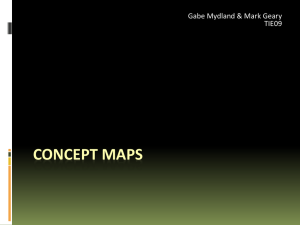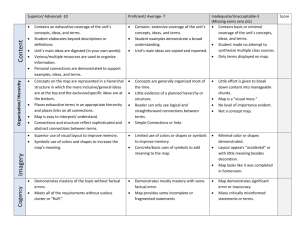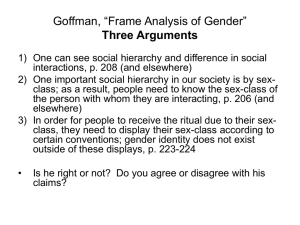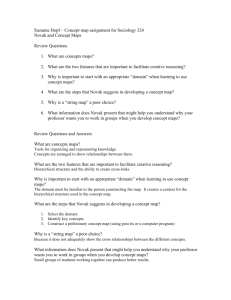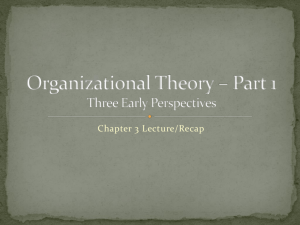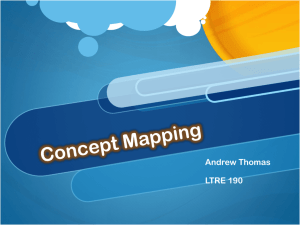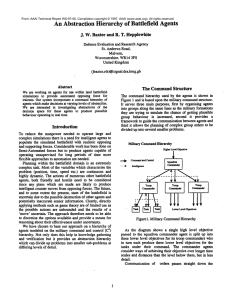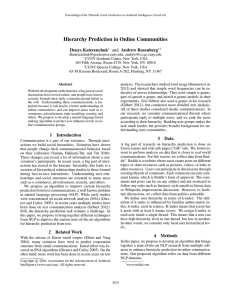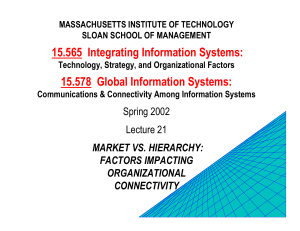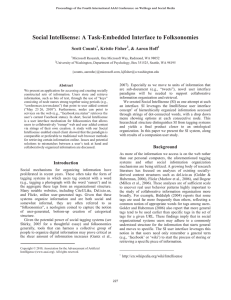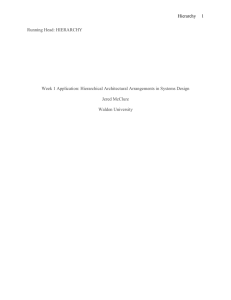Concept Maps
advertisement
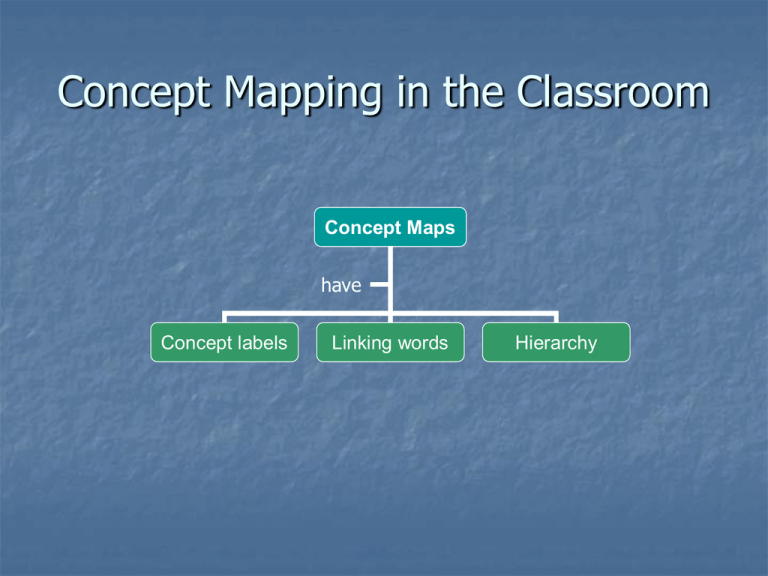
Concept Mapping in the Classroom Concept Maps have Concept labels Linking words Hierarchy Concept Maps: External Congnitive Structure Represent meaningful relationships Visually represent conceptual understanding Active learning Connect new information with old Learning How to Learn By: Novak and Gowin (1984) Concept maps: •“visual road map” of cognitive organization •Tool for educational research •Strategy for curriculum planning Some Research on Concept Maps Freeman and Urbaczewski (2002??): 62 undergraduate telecommunication students created 3 maps during Spring 2001 semester; maps increased in size/complexity, and similarity to “expert map” BouJaoude and Attieh (2003):60 Grade 10 Chemistry student created maps for homework; females and low achievers scored higher on their post-tests How to Create a Concept Map 1. 2. 3. 4. 5. Select text and choose/list key concepts Organize concepts (hierarchy) Construct map using rank-ordered concepts (usually need to “rework” maps) Include valid links (proposistions), crosslinks, and examples (events or objects) Evaluate What IS and what is NOT a Concept Map Concept Maps vs. Outlines Concept maps: LINK subordinate with superordinate showing relationship show relationships VISUALLY provide visual CROSS REFERENCING using cross links Evaluating a Concept Map Hierarchy 5 points for Valid Hierarchy Levels Links 1 point per Valid Link/Relationship Cross-Links 10 points per Valid and Significant Cross-Links 2 points per Valid Cross-link without creative synthesis Examples 1 point per valid event or object example Concept Map of Darwin Timeline Microevolution Concept Map genetic change within a population References BouJaoude and Attieh (2003) The Effect of Using Concept Maps as Study Tools on Achievement in Chemistry. Presented at the annual meeting of the National Association for Research in Science Teaching Freeman and Urbaczewski (2002??) Concept Maps as an Alternative Technique for Assessing Students’ Understanding in Telecommunications. Proceedings of the 17th Annual Conference of the International Academy for Information Management Novak and Gowin (1984) Learning How to Learn. Cambridge University Press Hickman, C. Roberts, L. and Larson A. (2001) Integrated Principles of Zoology McGraw Hill Reconstruction of genera of horses from Eocene to present
